Cross Eye Treatment in MRC Nagar, Chennai
Crossed eyes is also known as strabismus in the world of medical science. It refers to a condition where both eyes are not aligned and do not look in the same direction at the same time. We have more than 10 million cases of strabismus in India every year.
To seek treatment, you can search for an ophthalmology doctor near you or an ophthalmology hospital near you.
What should we know about cross eye treatment?
Strabismus is a result of a nervous or muscular defect that causes the eyes to become misaligned and hence, point in different directions at the same time. It can be treated using both non-invasive and invasive (surgical) methods to strengthen these muscles or correct their integration.
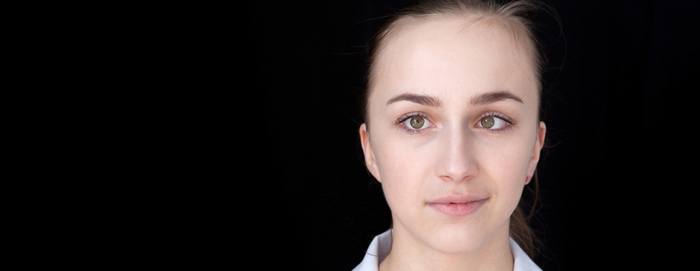
Who qualifies for cross eye treatment?
- People with inward turning (esotropia)
- Accommodative esotropia occurs as a result of a family history of the eyes turning inwards and in cases of uncorrected farsightedness.
- Infantile esotropia in children under six months of age, when they are trying to look very far or very closely. Warning signs like watering and reddening of eyes, reversing and transposing letters, eyes moving independently of each other and inward or outward turning of both eyes, should be noted.
- People with outward turning (exotropia)
Intermittent exotropia where one eye remains fixed on a target while the other eye points outward. - People with upward (hypertropia) and downward turning (hypotropia)
Request an appointment at Apollo Spectra Hospitals, MRC Nagar, Chennai.
Call 1860 500 2244 to book an appointment.
What are the treatment options?
- Non-invasive treatment: The modalities for non-invasive treatment include use of lenses, glasses, eye patches and vision therapy with eye exercises to improve the direction of vision. These exercises are meant to improve nerve and muscle functions of the eyes, their mutual coordination, and help in merging vision in both eyes to a single, three-dimensional object in proper focus.
- Eyeglasses or contact lenses are preferred in patients with uncorrected refractive errors. The lenses help the eyes focus properly with less strain on the nerves and muscles and hence help in correcting the errors.
- Prism lenses are a special class of lenses that can bend the light rays favourably for the eyes to focus and hence reduce the turning in of the eyes.
- Orthoptics (eye exercises) commonly include convergence exercises (pencil push-ups), maintaining a constant gaze for some time and shifting focus consciously.
- Medications in the form of eye drops or ointments are referred to in some cases where a surgery is done. Botox injections can also be given to weaken an overactive eye muscle causing strabismus, depending on the doctor’s advice.
- Eye patching is used to treat amblyopia (lazy eye) if the patient has it simultaneously with strabismus. Though the two conditions are separate, eye patches can control both and improve vision and misalignment.
- Surgical Treatment: Surgical correction of strabismus involves altering the length and position of the eye muscles and then sewing the same to the wall of the eye. The alteration can be in the form of a permanent knot tied during the process or stitching an adjustable slip knot in an accessible position. The eye muscles can be altered by adjusting this temporary knot. Local anesthesia is needed for the process.
What are the benefits?
Cross eye treatments restore neuro-muscular integration, improve brain and eye coordination, align eyes and cure double vision.
What are the risks?
Surgical methods might cause undercorrection or overcorrection at times. Surgery should be done only by experts in the field.
Conclusion
Strabismus is a result of a lack of coordination between the nerves and the muscles controlling the eyes. It is best managed non-invasively, but may necessitate surgery in some cases.
The surgery can correct eye alignment, but it cannot stimulate the two eyes to work together for clearer vision.
Strabismus can be managed successfully with non-invasive measures in both children and adults.
Surgeries are successful in 60-80% cases.
Symptoms
Our Doctors
DR. SRIPRIYA SANKAR
MBBS, Madras Medical...
| Experience | : | 30 Yeras Experience |
|---|---|---|
| Speciality | : | Ophthalmology... | Location | : | Alwarpet |
| Timings | : | Tue, Thur: 05:00 PM ... |
DR. PRATIK RANJAN SEN
MBBS, MS, DO...
| Experience | : | 23 Yeras Experience |
|---|---|---|
| Speciality | : | Ophthalmology... | Location | : | Alwarpet |
| Timings | : | ON CALL... |
DR. SRIKANTH RAMASUBRAMANIAN
MBBS, MS (Ophthal), ...
| Experience | : | 14 Yeras Experience |
|---|---|---|
| Speciality | : | Ophthalmology... | Location | : | Alwarpet |
| Timings | : | Mon, Wed, Fri | 10... |
DR. MEENAKSHI PANDE
MBBS, DO, FRCS...
| Experience | : | 27 Yeras Experience |
|---|---|---|
| Speciality | : | Ophthalmology... | Location | : | Alwarpet |
| Timings | : | Available on prior a... |
DR. SAPNA K MARDI
MBBS, DNB (Opthal)...
| Experience | : | 30 Yeras Experience |
|---|---|---|
| Speciality | : | Ophthalmology... | Location | : | Alwarpet |
| Timings | : | Tue, Thur : 10:00 AM... |
DR. ASHOK RANGARAJAN
MBBS, MS (OPHTHAL), ...
| Experience | : | 20 Yeras Experience |
|---|---|---|
| Speciality | : | Ophthalmology... | Location | : | Alwarpet |
| Timings | : | Mon, Wed, Fri : 6:00... |
DR. M SOUNDARAM
MBBS, MS, FCAEH...
| Experience | : | 8 Yeras Experience |
|---|---|---|
| Speciality | : | Ophthalmology... | Location | : | Alwarpet |
| Timings | : | Available by prior a... |
DR. MANOJ SUBHASH KHATRI
MBBS, DO, DNB, FICO(...
| Experience | : | 15 Yeras Experience |
|---|---|---|
| Speciality | : | Ophthalmology... | Location | : | Alwarpet |
| Timings | : | Available by prior a... |
DR. UMA RAMESH
MBBS, DOMS, FRCS...
| Experience | : | 33 Yeras Experience |
|---|---|---|
| Speciality | : | Ophthalmology... | Location | : | Alwarpet |
| Timings | : | Sat : 12:00 PM to 1:... |
Our Top Specialities
NOTICE BOARD
CONTACT US
CONTACT US
 Book Appointment
Book Appointment


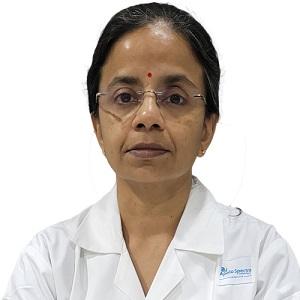
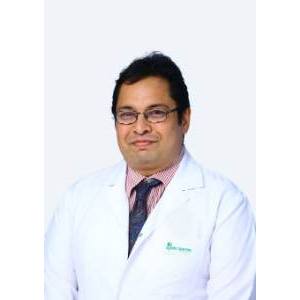

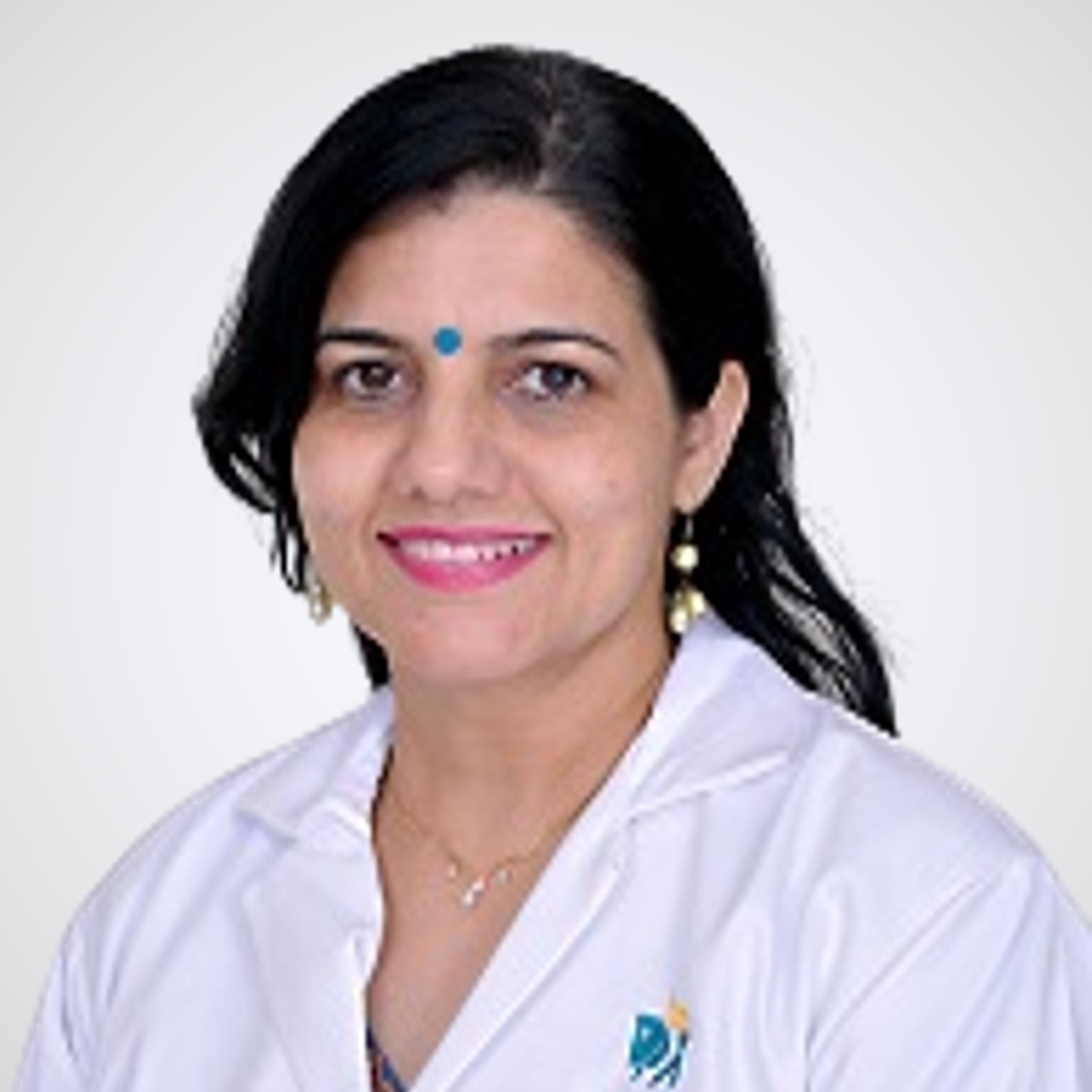


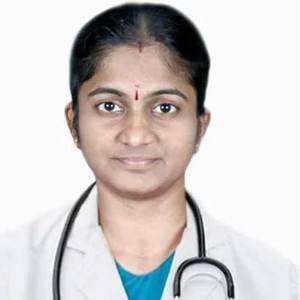
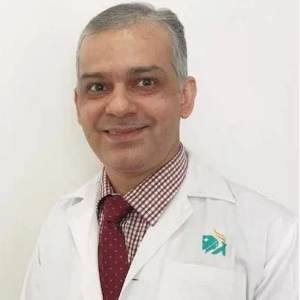
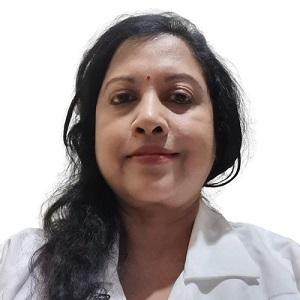
.svg)
.svg)
.svg)
.svg)








